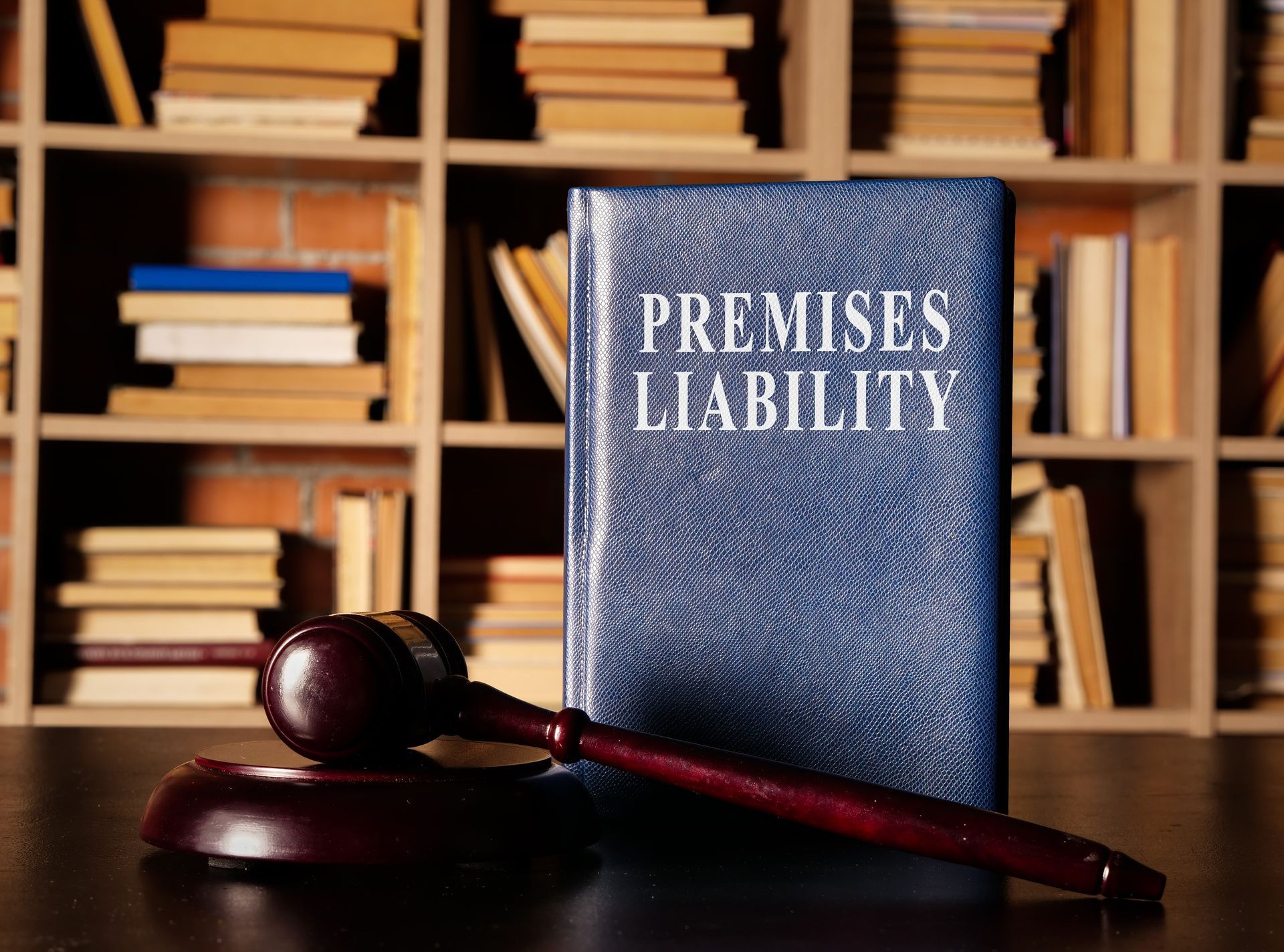Contact Us
Phone: 201-500-3950
Location
99 Kinderkamack Rd
Suite 300
Westwood, NJ 07675
Hours
- Mon - Sun
- Open 24 Hours
Call Now For A Free Consultation: 201-500-3950
How to Prove Wrongful Death in New Jersey
How to Prove Wrongful Death in New Jersey
Nothing can ever prepare you for the sudden loss of a loved one. Losing someone close to you is devastating, but it's even worse if the death could have been prevented. Filing a wrongful death lawsuit can help you get justice and compensation for your loss, but this is not always an easy task. You need to prove that the defendant is responsible for your loved one's death, and this process can be complicated. In this blog post, we will discuss the four key elements of wrongful death in New Jersey and how an attorney can help you through this process.
1. Negligence
Negligence is the failure to take reasonable care to prevent harm to others. In a wrongful death case, you need to prove that the defendant acted negligently and that this negligence caused your loved one's death. It means that you must show that the defendant owed a duty of care to your loved one and that they breached this duty, resulting in your loved one's death. For example, if a driver was texting while driving and caused a fatal accident, they could be held liable for wrongful death.
2. Breach of Duty
A duty of care is a legal obligation to act with reasonable care to avoid causing harm to others. The breach of duty occurs when the defendant fails to meet this obligation. In a wrongful death case, you must show that the defendant owed your loved one a duty of care and that they breached this duty. For example, a doctor who fails to diagnose an illness or provides substandard care can be held liable for wrongful death.
3. Proving Causation
Proving causation means showing a direct link between the defendant's actions and the death of your loved one. You must demonstrate that the defendant's actions were the direct cause of the death. In other words, if the defendant's actions had not occurred, your loved one would still be alive. This can be challenging, and you may need expert witnesses to help prove your case.
4. Damages
You must also show that you suffered damages as a result of your loved one's death. These damages can include medical bills, funeral expenses, lost income, and pain and suffering. An experienced attorney can help you calculate these damages and prove their value in court.
How can an attorney help me?
An attorney experienced in wrongful death cases can provide invaluable assistance with the legal process. They can help you investigate the death, gather evidence, and build a strong case. They can represent you in court, negotiate settlements, and provide support and guidance throughout the entire process. An attorney can also help you stay within the statute of limitations for filing a wrongful death lawsuit, which is two years in New Jersey.
Wrongful death cases are emotionally and legally complex. To successfully prove wrongful death, you must show that the defendant acted negligently, breached their duty of care, caused your loved one's death, and that you suffered damages as a result. An experienced attorney can guide you through this process and help you get justice and compensation for your loss. They can also provide emotional support during this difficult time. If you're looking for an attorney who specializes in wrongful death cases in New Jersey, contact us today. We can help you get the justice you deserve.



Schedule a Case Evaluation
Contact us now!
Homepage FCE Form
We will get back to you as soon as possible.
Please try again later.
By submitting this form, you agree to be contacted by our law firm, either by phone, text or by email.
Hours
- Mon - Sun
- Open 24 Hours
Free Consultations
Disclaimer: The information on this website is for general information purposes only. Nothing on this site should be taken as legal advice for any individual case or situation. This information is not intended to create, and receipt or viewing does not constitute an attorney-client relationship.
© Copyright 2024 | All Rights Reserved | J. F. Bullwinkel, Attorney at Law, LLC | Powered By Convert It Marketing | Privacy Policy





